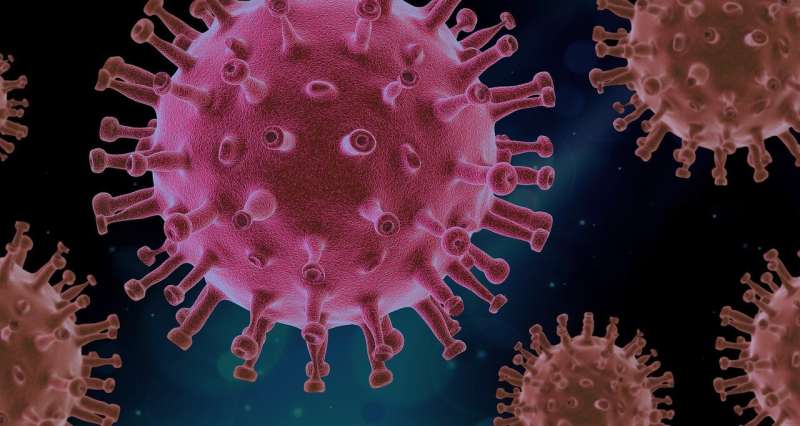Moderna Receives Limited Approval for Next-Generation COVID Vaccine in the US

Moderna’s new COVID-19 vaccine received limited FDA approval for high-risk groups, reflecting regulatory changes under HHS leadership amid ongoing vaccine debates. Learn about the vaccine's features and approval details.
On June 2, 2025, Moderna Inc. announced that it had received conditional approval from the U.S. Food and Drug Administration (FDA) for its new COVID-19 vaccine, but with a narrower target population. Unlike previous approvals, this version of Moderna's second-generation vaccine is authorized specifically for all adults aged 65 and older, as well as individuals over the age of 12 who have at least one risk factor for severe COVID-19 illness. Previously, the vaccine had been approved for all individuals aged 12 and above regardless of health status.
This decision marks a significant shift in the approach of U.S. health regulators, under the leadership of Health and Human Services Secretary Robert F. Kennedy Jr., who has expressed skepticism regarding the widespread administration of COVID vaccines. The FDA's decision is viewed as a reflection of these regulatory changes, which include limiting vaccine access and questioning the necessity of booster doses without new safety and efficacy data. Recently, the FDA stated it would no longer approve COVID booster shots for healthy adults and children unless new studies are provided to confirm their safety and effectiveness.
Additionally, the FDA has approved a COVID vaccine developed by Novavax Inc., but with restrictions to primarily high-risk groups. Moderna's vaccine, which uses mRNA technology— a platform that has faced opposition from anti-vaccine groups led by Kennedy—was under increased scrutiny. The company’s recent contract to develop bird flu vaccines was also terminated by HHS, citing concerns that mRNA technology remains insufficiently tested.
Despite the restricted approval, Moderna’s next-generation COVID shot has demonstrated improved performance in clinical trials, especially among older adults. The new vaccine targets two specific segments of the spike protein of the virus, instead of the entire spike, providing longer-lasting immunity and better effectiveness at lower doses. This allows for the possibility of combined COVID-flu vaccines, encouraging broader immunization coverage.
As the pandemic progresses, COVID-19 poses a decreased threat overall, yet high-risk groups continue to remain vulnerable. Vaccination rates have declined, partly due to pandemic fatigue and evolving public perceptions, with only 23% of U.S. adults receiving the latest booster shot. The controversy surrounding vaccine technology and regulatory decisions continues to influence public health strategies.
Source: https://medicalxpress.com/news/2025-06-moderna-narrower-covid-vaccine.html
Stay Updated with Mia's Feed
Get the latest health & wellness insights delivered straight to your inbox.
Related Articles
Genetic Subtypes of T-Follicular Helper Lymphoma Influence Patient Outcomes
Recent research uncovers distinct genetic subtypes of T-follicular helper lymphoma that are associated with different patient outcomes, paving the way for targeted treatments and improved prognosis.
Dual-Targeting Radiopharmaceutical Therapy Demonstrates Safety and Effectiveness in Treating Multiple Cancers
A new dual-targeting radiopharmaceutical therapy demonstrates high safety and effectiveness in treating various cancers, showing promising results in early human trials. This innovative approach offers hope for precision cancer treatment with minimal side effects.
Promising Long-Term Remission in Advanced Liver Cancer Patients Using Combination Therapy
A novel combination of locoregional therapy and immunotherapy has achieved long-term remission in nearly half of advanced liver cancer patients, highlighting a potential shift in treatment approaches.



